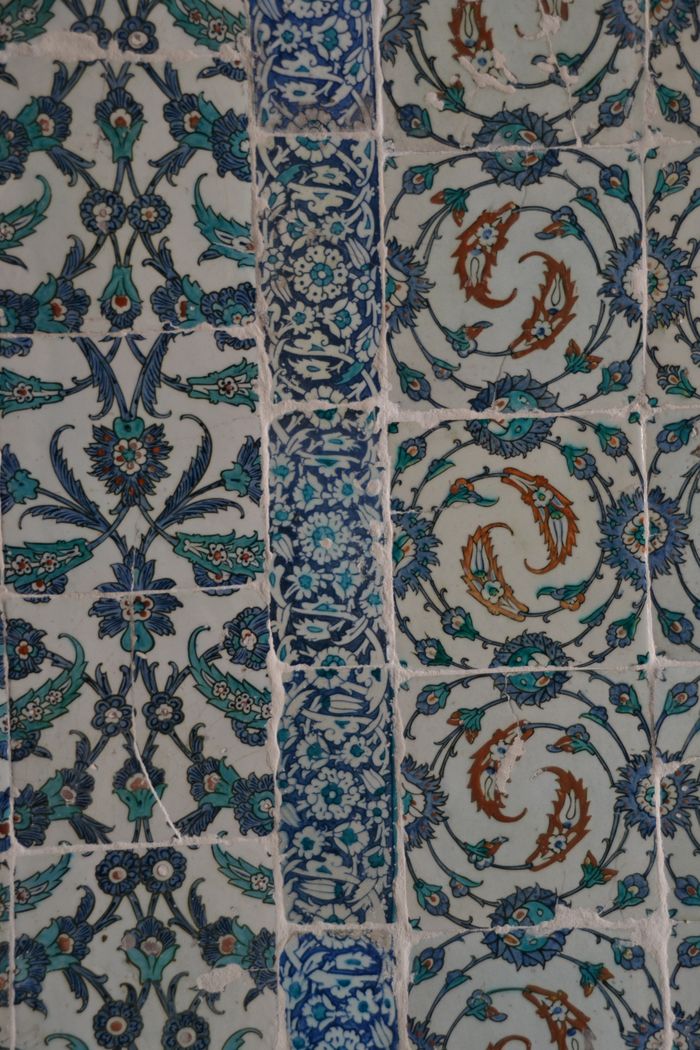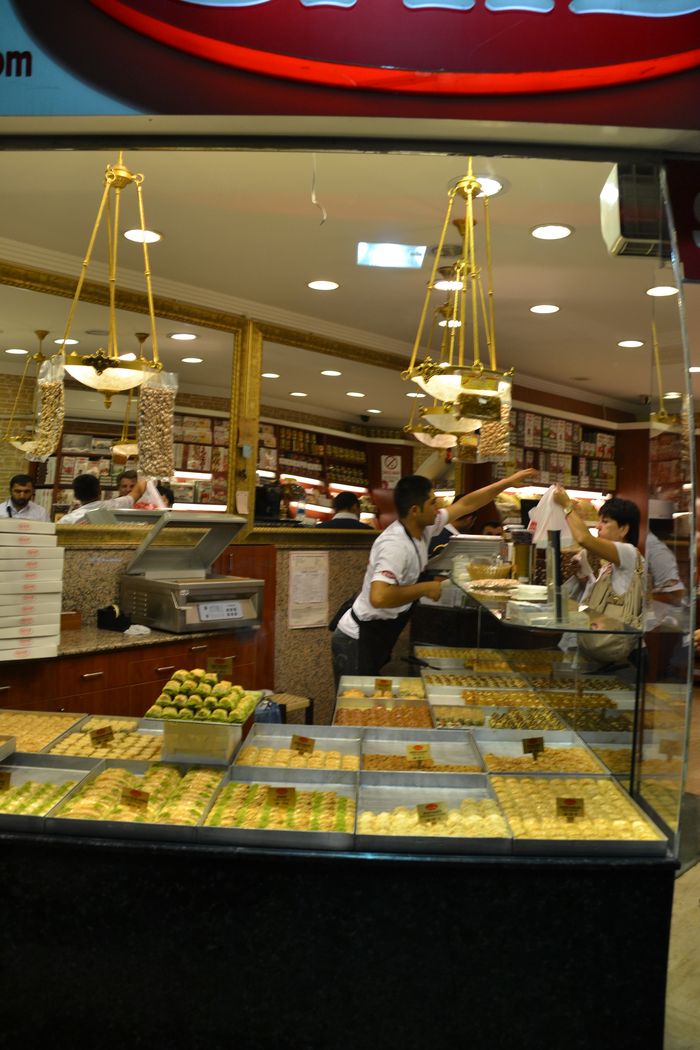87. When the army came back, most of the soldiers were decorated with crowns, in honour of the victory. They were now encamped near the walls, in front of the city, and Constantine decided that he must celebrate their success with a triumph. He had a genius for organizing shows on the grand scale.
The procession, worthy of its author, was arranged as follows: — the light-armed troops were ordered to lead, armed with shields, bows, and spears, but with ranks broken, in one conglomerate multitude; behind them were to come the picked knights, in full defensive armour, men who inspired fear, not only because of their forbidding appearance, but by their fine military bearing. Next came the rebel army, not marching in ranks, nor in fine uniforms, but seated on asses, faces to the rear, their heads shaven and their necks covered with heaps of shameful refuse.
Then followed the pretender’s head, borne in triumph a second time,**107 and immediately after it some of his personal belongings; next came certain men armed with swords, men carrying rods, men brandishing in their right hands the rhomphaea — a great host of men preceding the army commander — and, in the rear of them all, the general himself on a magnificent charger, dressed in magnificent robes and accompanied by the whole of the Imperial Guard.
Chalke Phylake
88. Such was the order of march. The emperor, meanwhile was seated, very distinguished and proud, in front of the so-called Chalke Phylake, in the actual precinct of the sacred church**108 built by John, the great emperor who succeeded Nicephorus Phocas. Seated with him, on his left and right, were the empresses, also watching the triumph. When the procession, as I have described it, was finished, he returned to the palace wearing his crown, the object of extraordinary tributes. It was characteristic of the man that he should celebrate his victory with his one glorious triumph and then return to his usual moderate habits.
89. This part of the emperor’s life was indeed brilliant, and yet, despite all the hero-worship, he never exulted in his victories nor made vainglorious speeches. He got a natural pleasure when he triumphed, but he still kept his head. It was normal for him to live moderately. Nevertheless, he was lacking in circumspection: like a man who needs rest after great exertions, he was in the habit of easing off — a custom which involved him in wave after wave of misfortune.
Read More about Adios Cordera Part 5








